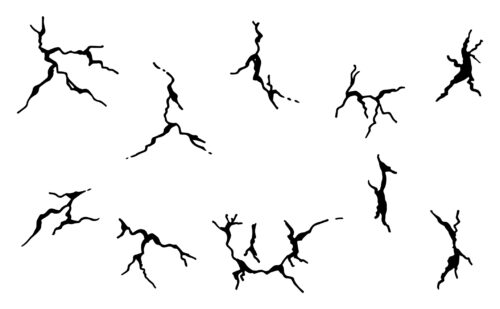HERA Spotlight: Provenance, Why does it Matter? TransCultAA Early Career Researcher Summer School, Zadar, Croatia
Posted: 17 October, 2018
The HERA project Transfer of Cultural Objects in the Alpe Adria Region in the 20th Century (TransCultAA) convened their regular early career researcher summer school in Croatia from August 27–31, 2018. Following a call for participation that met with a truly broad international response (from Iran to the United States), the four PIs selected 20 international participants – curators, doctoral students, provenance researchers, young scholars – from Albania, Austria, Croatia, Germany, Hungary, Ireland, Italy, Netherlands, Poland, Portugal, Serbia, Slovenia, Russia, and the United Kingdom.
The intense weeklong program in Zadar combined case studies by the participants, input from TransCultAA staff members and from four invited guest speakers (from Austria, Germany, Switzerland and the United States). Additional feedback came from Prof. Joanna Sofaer, HERA Knowledge Exchange and Impact Fellow, who provided insight and perspectives from a related discipline.
The hallmark of the summer school Provenance, why does it matter? Provenance, Dispossession and Translocation Research was the open-ended academic discourse that explored the salient aspects of research into contested areas of patrimoine, cultural heritage, and national identities as they interact with collection management and public discourse.
A particular theme was past and present processes of ‘coming to terms with’ violent and/or pseudo-legal dispossessions against the will of the owner. The focus of the event was not to learn more about specific techniques, new instruments, or recently launched databases. Rather, the aim was a critical reassessment of current practices, beliefs and myths, thus further elucidating a nuanced notion of Uses of the Past. In contrast to purely theoretical investigations, both the infrastructural dimension of research data management and the concrete conditions on site were taken into consideration.
The summer school thus pooled training and instruction with deliberation and learning, alongside critical and constructive discussion. The unique joint experience of cross-border investigations was truly motivating for the next generation of European art historians, contemporary historians, archeologists, cultural historians, and provenance researchers. As one participant put it,
“It was a new vista of inquiry for me. The summer school expanded my understanding and the notion of provenance beyond restitution. I have a new conceptual map in my mind now.”
The exciting and stimulating conversations during the summer school illustrate the nature and importance of provenance as a significant subject of enquiry and challenge in the humanities.

